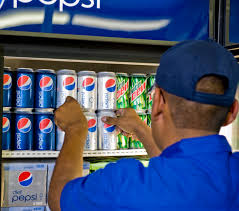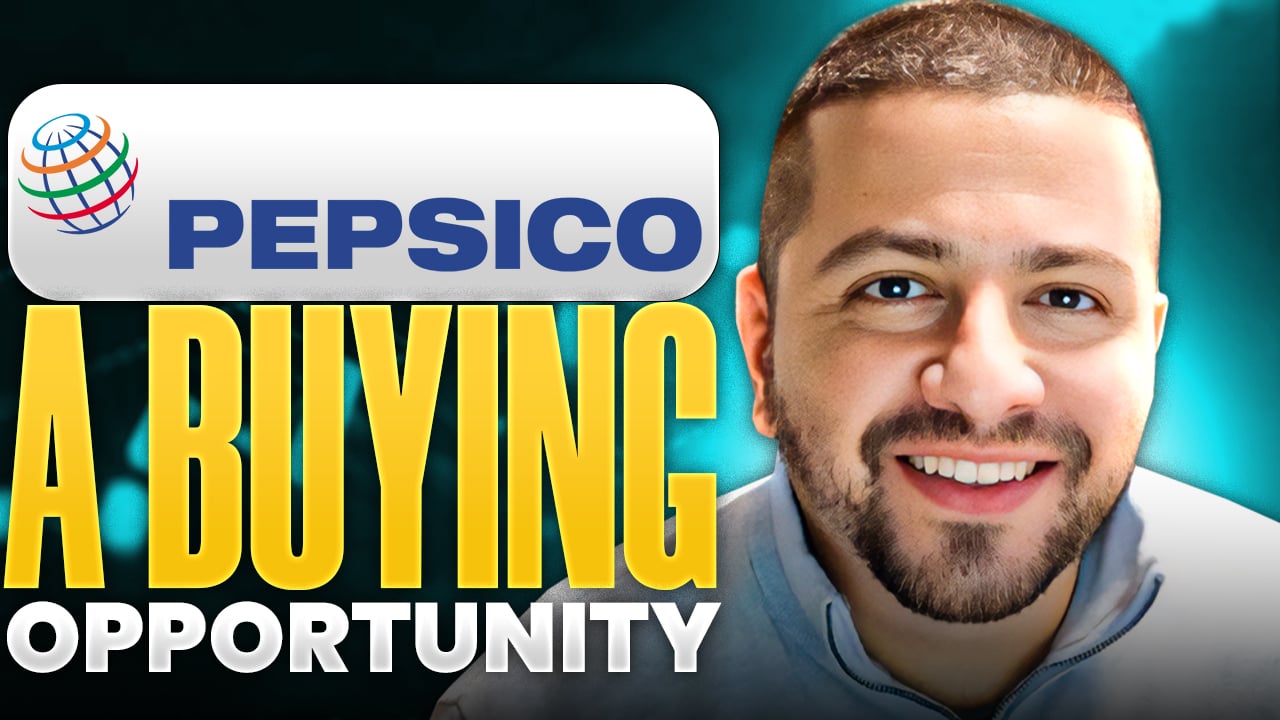PepsiCo (PEP +0.92%) reported earnings before the market's opening bell on Thursday. Here's what you need to know about the company's results, and why it led to a surge in PepsiCo's stock price.
A refreshing sigh of relief
PepsiCo's organic revenue growth was 5% for both the fourth quarter and the full-year 2012, which fell in the middle of the company's long-term target. The beverage and snack food giant's earnings came in at $1.09 per share, ahead of analysts' expectations by $0.04.
PepsiCo delivered strong growth in emerging markets, but the cola maker also posted solid growth in a number of developed markets. For example, its Frito-Lay North America segment grew organic revenue 5% in the fourth quarter. Even PepsiCo's closely watched American beverage segment posted a 2.5% increase in organic sales growth. Shares were up 1% by midday Thursday.
Bubbling competition
Up until now, declining consumption of carbonated beverages in developed economies has hindered PepsiCo's performance in the beverage segment. Sales volumes of soda drinks in the U.S. dipped in 2012, and competition is brewing among traditional cola competitors. In response to threats from rivals, PepsiCo focused on stronger pricing, heightened marketing, and more aggressive advertising for its traditional cola brands.
Dr Pepper Snapple Group (DPS +0.00%) and Coca-Cola (KO +1.87%) have been edging out PepsiCo in the recent past, but this week's announcements from the three major cola companies shed new light on the rivalry. Dr Pepper Snapple posted weak fourth-quarter results. The company boasted 7% net sales growth in Latin America, but lackluster performance in North America. And even though Dr Pepper Snapple posted earnings per share that were better than the prior year, analysts had expected more. The stock dropped more than 6% after the earnings announcement.
Dr Pepper Snapple's setback came on the heels of Coca-Cola's recent earnings announcement. Its quarterly profit barely beat expectations, but worldwide volume growth and gross margins disappointed. As a result, investors sold off shares, and Coke stock was down immediately following the announcement.
Overall, it's been a humbling week for cola companies. But PepsiCo proved it still has gas in the tank.
Bevy of beverage opportunities
PepsiCo CEO Indra Nooyi asserts that the company wants to be a "disruptive innovator" in the traditional cola business. But since noncarbonated drinks are growing at a faster rate than sparkling, PepsiCo continues to build its arsenal of nontraditional cola offerings.
Earlier this week, the company announced it would roll out Kickstart, a new breakfast drink, later this month. The caffeinated juice product will be served up in a 16-ounce can, similar to the one Monster Beverage (MNST +4.21%) uses to sell its energy drinks. But will the buzz it creates help kick-start PepsiCo's beverage sales?
It also appears PepsiCo is making progress on low-calorie natural sweeteners and flavoring aimed at mimicking full-calorie taste. Nooyi cites projects currently undergoing FDA review, which "once commercialized, could potentially alter the trajectory of our cola business in a meaningful way."
Often-overlooked dominance
PepsiCo's power is in its status as a leading snack food maker, specifically with its Lay's and Quaker brands. These brands have maintained and grown market share in both developed and emerging markets in recent years. In developed markets, the company has been focusing on a shift toward healthier snacks to drive sales.
Meanwhile, in developing markets, PepsiCo is focused on diversifying its pricing mix. With new products being launched in both premium and low-priced tiers, PepsiCo hopes to gain access to a wider customer base. Also, despite fierce competition from local companies, PepsiCo is experimenting with regional taste preferences to help it grow market share in key emerging markets, specifically India and China.
Foolish bottom line
With its multimillion-dollar, multiyear productivity efforts, 2012 was slated as a transition year for PepsiCo. Up until now, the company's stock price hadn't harvested much benefit of the investments. But long-term investors know it takes a big gulp of time and patience for lofty growth goals and massive restructuring efforts to pay off. It looks like PepsiCo is starting to turn that corner.








